What Doctors Should Know About Telemedicine in North Carolina
Telemedicine lets physicians diagnose, treat, and prescribe from virtually anywhere. But while the patient may not be physically in your exam room, North Carolina law still cares deeply about where the patient is located during that encounter.
The Practice of Medicine Occurs Where the Patient Is
According to the North Carolina Medical Board’s Position Statement 5.1.4 on Telemedicine, the “practice of medicine” is considered to occur where the patient is located, not where the physician sits. That means:
If you’re licensed in North Carolina but your patient is in Virginia, you are practicing medicine in Virginia.
Unless you also hold a Virginia license, you may be practicing without a license.
Why Location Matters for Telehealth
Physicians licensed in one state cannot assume they’re authorized to treat patients who happen to be physically present in another state. This is especially critical in border cities like Charlotte, where patients may across state lines.
NCMB Telemedicine Standards
Position Statement 5.1.4 makes clear that telemedicine encounters are held to the same standards of care as in-person visits. You must:
Verify and document where the patient is located.
Confirm that you are legally authorized to practice in that jurisdiction.
Provide appropriate follow-up, referrals, and medical record documentation just as you would in person.
Avoiding Licensing Problems
If you routinely treat patients via telehealth, consider:
Obtaining licenses in all states where your patients are located.
Setting up intake procedures to capture patient location and consent before each encounter.
Consulting legal counsel to audit your telehealth practice for compliance.
Key Takeaway
In North Carolina, telemedicine is a powerful tool but not a loophole. The Medical Board treats it as full-fledged medical practice, and the law follows the patient’s location. Confirm your licensing status before each visit to avoid disciplinary action.
This is not legal advice. If you do need legal representation call the office at: 919-616-3317

